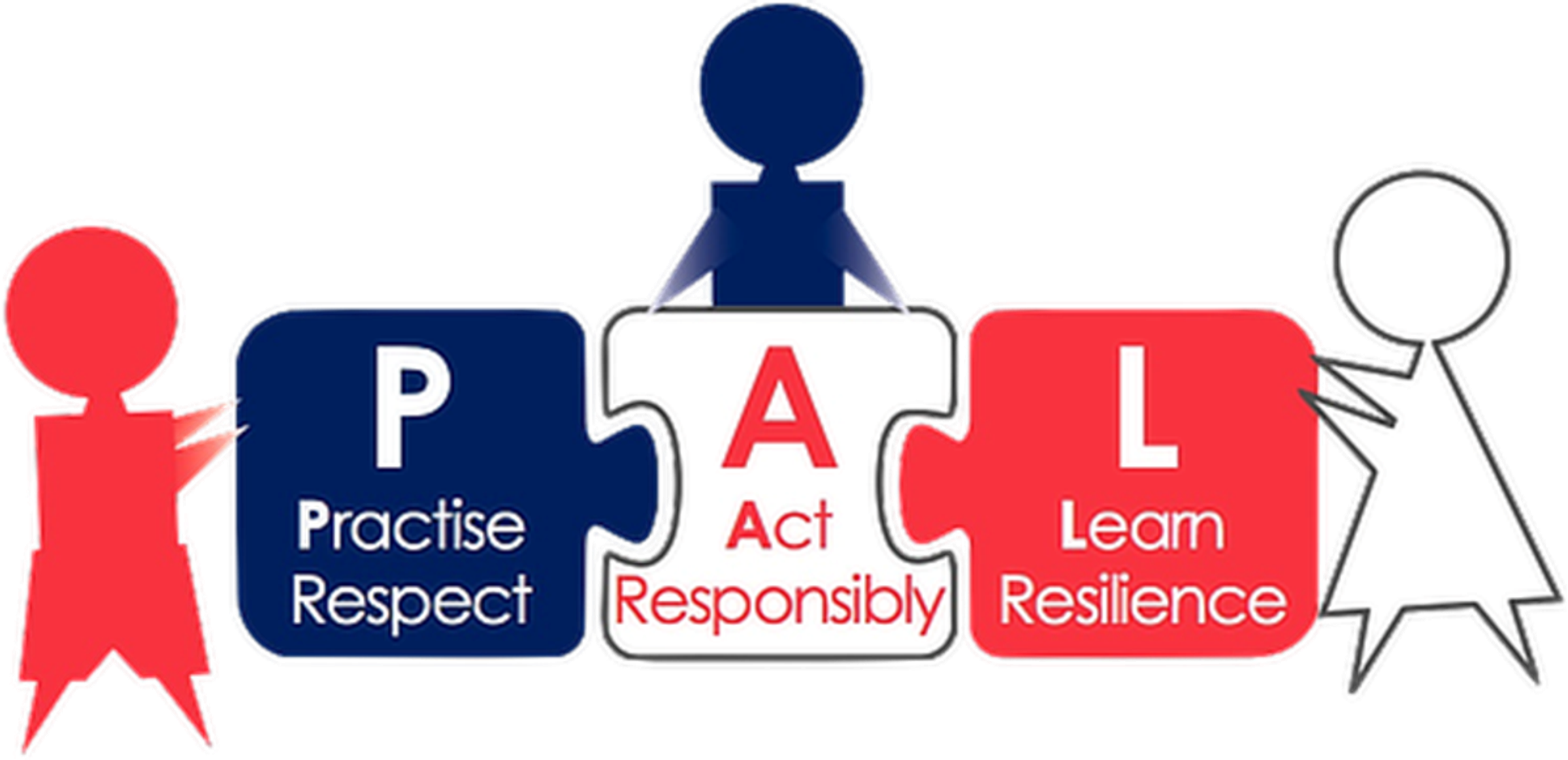WELLBEING

STRATEGIES TO INSTILL OUR SCHOOL VALUES #3
In our journey to foster resilience within our school community, it's essential to equip our children with the tools and strategies they need to navigate life's challenges with confidence and strength. Here are some effective ways to support the growth of resilience:
- Promote a Growth Mindset: Encourage children to adopt a growth mindset by emphasizing the power of effort, perseverance, and learning from mistakes. Teach them that challenges are opportunities for growth and that their abilities can be developed through dedication and hard work.
- Set Realistic Expectations: Help children set realistic goals and expectations for themselves. Encourage them to break larger goals into smaller, manageable tasks, celebrating progress along the way. By setting achievable goals, children build confidence and resilience as they experience success.
- Teach Problem-Solving Skills: Provide opportunities for children to develop problem-solving skills by encouraging independent thinking and decision-making. Teach them how to analyse situations, brainstorm solutions, and evaluate their effectiveness. By empowering children to solve problems on their own, you help build their confidence and resilience.
- Encourage Positive Self-Talk: Teach children the importance of positive self-talk and self-compassion. Encourage them to challenge negative thoughts and replace them with positive affirmations. Help them develop resilience by reminding them of their strengths and capabilities, even in the face of adversity.
- Foster Supportive Relationships: Create a supportive and nurturing environment where children feel valued, respected, and cared for. Foster positive relationships between children, teachers, and parents, providing a strong support system for children to lean on during challenging times.
- Promote Healthy Coping Strategies: Teach children healthy coping strategies for managing stress, such as deep breathing exercises, mindfulness techniques, and physical activity. Encourage them to express their emotions in constructive ways, such as through journaling, art, or talking to a trusted adult.
- Celebrate Resilience: Recognize and celebrate instances of resilience in children, highlighting their ability to overcome challenges and persevere in the face of adversity. By acknowledging their resilience, you reinforce the importance of this trait and inspire other students to cultivate it within themselves.
- Provide Opportunities for Growth: Offer children opportunities for personal and academic growth outside of their comfort zones. Encourage them to try new activities, take on leadership roles, and participate in challenging projects. By stepping outside their comfort zones, children develop resilience and confidence in their abilities.
- Model Resilience: As adults, we serve as powerful role models for our children. Model resilience in your own actions and attitudes, demonstrating how to bounce back from setbacks and persevere in the face of adversity. By showing resilience in your own life, you inspire children to do the same.
- Encourage Reflection and Learning: Encourage children to reflect on their experiences and learn from them. Help them identify what worked well and what they can improve upon next time. By fostering a culture of reflection and continuous learning, you empower children to grow and develop their resilience over time.
By implementing these strategies, we can create a supportive and nurturing environment where every child feels empowered to face life's challenges with resilience and determination. Together, let us cultivate a culture of resilience within our school community, inspiring students to thrive in the face of adversity.

